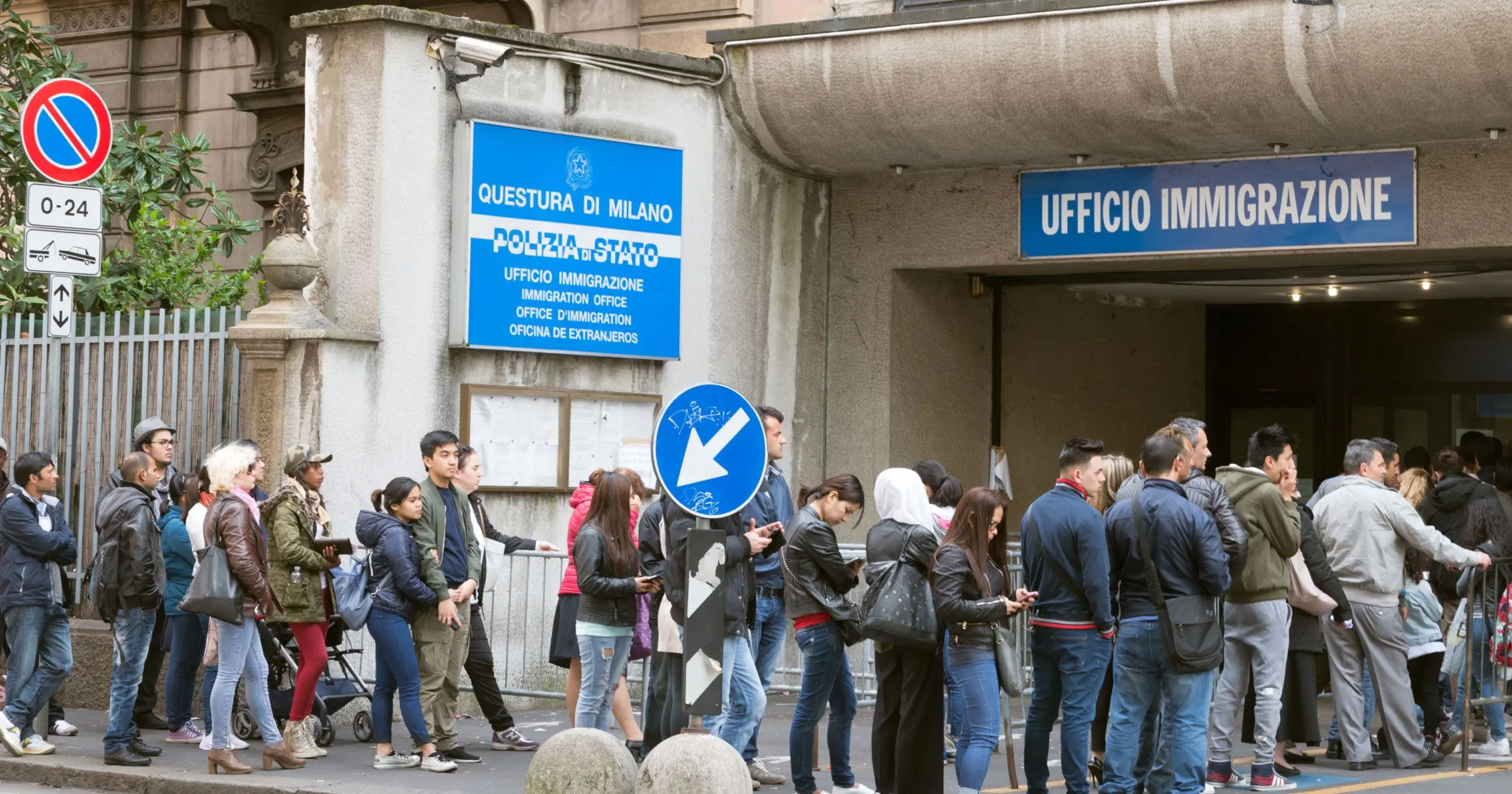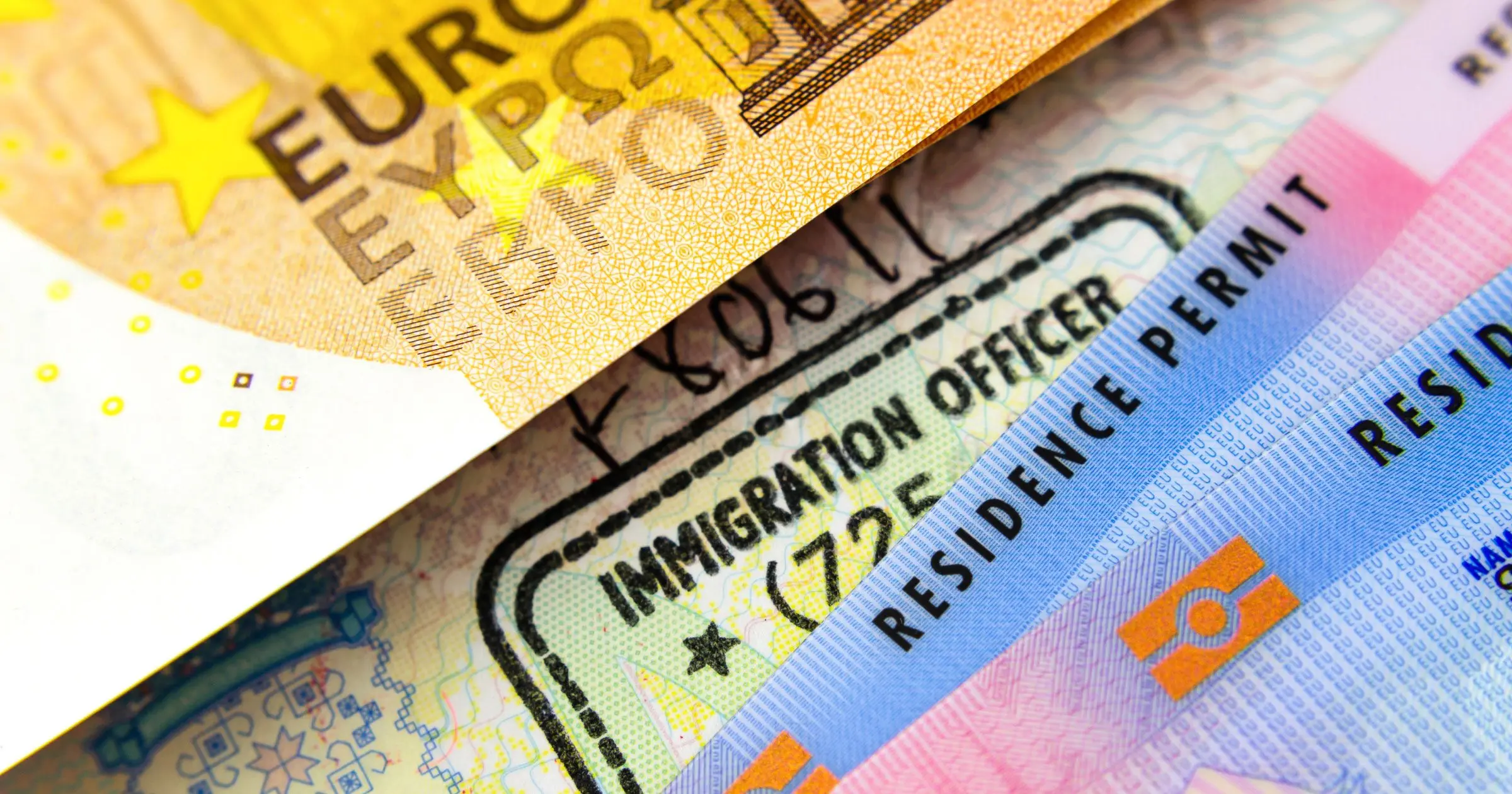Talent is one of the most precious assets for any industry globally. No wonder then that many states around the world have implemented programmes specifically designed to attract highly qualified professionals from abroad, facilitating entry to and residence in the country. The EU is no exception, having introduced a special visa regime known as the EU Blue Card. Germany is the absolute leader by the number of permits issued, and of those, a lion’s share goes to Indian nationals. Using Germany as an example, we explain the EU Blue Card benefits and offer some recommendations to Indians on how to take advantage of it.
Having long recognised the value of a skilled workforce for their economies, the majority of European countries welcome highly qualified professionals with simplified entry and residence permit procedures under the EU Blue Card programme. Denmark and Ireland are the only EU states that do not issue this type of visa. (Both, however, have similar national arrangements for skilled foreign workers.) Across the block, the conditions for the EU Blue Card are mostly the same, varying in detail, such as salary thresholds or length of stay. Let’s have a look at the EU Blue Card requirements in Germany.
Some facts
- In 2021, 24,507 Blue Card permits were issued in Germany. Of those, 45% to new immigrants who previously held no residence status in the country.
- Almost 28% of all first-time Blue Card visas in Germany were granted to Indians, more than to any other ethnic group.
- Overall, around 70,000 Blue Card holders resided in Germany in 2021 compared to 51,000 in 2018.

To be eligible to apply for an EU Blue Card, you:
· Must hold a higher education degree, either from a German institution or one that is comparable to it (the list of recognised degrees and equivalents is available here). In case your profession requires a licence, then you must secure one. If your professional value is based on experience only, then you might be eligible for a skilled worker visa but not the Blue Card.
· Have already secured employment in Germany, that is, signed a contract or at least received a binding job offer. Keep in mind that the position must be compatible with your university degree. This requirement also means that self-employed people or entrepreneurs cannot benefit from the EU Blue Card.
· Will earn a gross annual income of €58,400 or more (as of 2023; the amount is revised each year). In some fields where there is a shortage of skilled workforce, such as mathematics, IT, natural sciences, engineering and human medicine, the threshold is set at €45,552. Still, in this case, your application will have to be approved by the Federal Employment Agency.
How to get EU Blue Card from India
If you’ve ticked all the boxes for an EU Blue Card visa in Germany, then it is time to start preparing for your application with a German diplomatic mission in India. It is important to remember that the EU Blue Card permit itself can only be issued in Germany at a competent foreigners’ authority. Therefore, to enter the country, you will first require a national visa for the purpose of taking up gainful employment (see below). Note that travelling to Germany on a tourist visa negates your EU Blue Card eligibility. You will have to leave the country and then return on a proper visa.
Here is a step-by-step guide to obtaining the visa and the Blue Card permit:
1 While still in India, prepare all the documents you need, including a valid passport, an employment contract/offer, your diplomas/certifications/licence/etc. as well as the completed application form.
2 Book your appointment with a German diplomatic mission and bring the documents with you for preliminary evaluation, which may take between a few days and several weeks. You will also need to submit your biometric data, e.g. fingerprints, and pay the processing fee of €75 (in rupees); the fee cannot be paid online.
3 Once you have received the visa, you may book your trip to Germany. Note that you must have a health insurance plan before you enter the country.
4 In Germany, find the foreigners’ authority responsible for the area you are registered in and schedule your EC Blue Card appointment there.
5 Prepare all the documents required (the list can be obtained from the authority) and apply for the Blue Card. There is a processing fee of up to €100. Keep in mind that you must apply before your entry visa expires.

Applying for EU Blue Card in Germany online
For the residents of some areas in India, administrative district of Kolkata, there is an option to apply for an EU Blue Card online. The areas include the States of Bihar, Jharkhand, Orissa, Arunachal Pradesh, Assam, Manipur, Meghalaya, Mizoram, Nagaland, Tripura and West Bengal.
The procedure is very similar to the above. The difference is that you can fill out the application form and submit your documents online for a preliminary check and then track the status of your application. You will still have to book an appointment with a German mission and visit in person to submit your biometric data.
What’s next?
Congratulations, you have received your Blue Card permit. Now you can bring your family to stay with you in Germany and support your loved ones back in India financially. As an EU resident with a card issued by a European bank, you have access to many digital solutions which offer international money transfer services.
For fast, reliable and efficient remittance to India, try Profee, an EU-licensed fintech provider available in 40+ destinations. Profee combines the highest security with ease of use in both its web interface and iOS/Android app. You can immediately appreciate how user-friendly the service is: registering with just a phone number and sending up to €1,000 is a matter of minutes with Profee. Need to send more? Another couple of minutes for verification and your limit is increased.
At any given time, Profee offers a very competitive EUR/INR conversion rate thanks to its state-of-the-art market monitoring system. And most importantly, there are no hidden fees or charges: you always know the exact amount your recipient gets – before the money is sent.
Visit www.profee.com or get the app from the App Store or Google Play to save yourself time and money and to help your family back home. The service would be a very effective addition to your list of the EU Blue Card benefits, especially if your arrangements are long-term. Generally, a European Blue Card permit is valid for four years or the duration of the contract plus three months. It can also be renewed, provided the requirements are met. If you change employer within the first two years, it must be approved by the immigration authorities.
Having been working and residing in Germany for 33 months, you become eligible for a so-called settlement permit, a more permanent type of residence permit for foreigners in Germany. Between 2018 and 2021, there was a twofold increase in former EU Blue Card holders receiving settlement permits, from over 28,000 to over 57,000 people. Keep in mind that in this case, you must prove your knowledge of the German language (and if your German is good, then the term is shortened to 21 months).
In this text, we’ve laid out some basic – but hopefully useful – facts and recommendations for those Indians contemplating applying for a Blue Card visa in Germany. Do keep in mind, however, that this is a general overview only, and any specific details must be clarified with the competent authorities. And if you eventually decide to take advantage of the European Blue Card programme, we wish you all the success!







